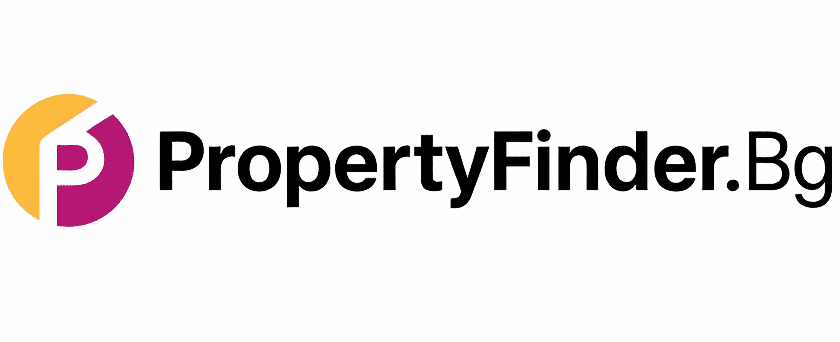The appeal of Southern Europe – with its sun, culture, and potential for property market growth – is undeniable. For the thousands of Europeans generating a stable income in Germany, the dream of owning a holiday or investment property in Spain, Greece, or Italy seems increasingly attainable. The robust German economy and high earning power are a powerful advantage for mortgage applicants. But how exactly does the cross-border financing process work, and what are the tax implications you need to be aware of? In this guide, we’ll cover everything you need to know to turn your German income into a successful property investment in the south.
Contents
How Do Southern European Banks View Income from Germany?
The good news is that for banks in Spain, Greece, and Italy, income originating from Germany is highly favored. It is perceived as a secure and predictable source for loan repayment. There are several reasons for this:
- Economic Stability: The German economy is the largest in Europe and is known for its resilience, low unemployment, and strong labor regulations.
- High Credit Culture: The German system, and particularly the SCHUFA credit report, provides foreign banks with a clear and standardized view of your financial discipline.
- Income Transparency: Documents such as an employment contract (Arbeitsvertrag) and annual tax return (Einkommensteuererklärung) are easily understood and verifiable.
Despite this positive attitude, each bank has its own internal rules. Some may offer a slightly lower loan-to-value (LTV) ratio for non-residents, while others may require documents to be translated by a sworn translator.
The Mortgage Application Process: A Step-by-Step Guide
Although the process may vary slightly between countries, the main steps are similar. Preparation is the key to a smooth procedure.
Preliminary Preparation and Document Collection
Before you even start looking for a property, gather your financial arsenal. You will need:
- Credit Report (SCHUFA-Auskunft): This is your most important financial document. Ensure it is up-to-date and has no negative entries.
- Proof of Income: The last 6-12 payslips (Gehaltsabrechnung).
- Employment Contract: Preferably a permanent contract (unbefristeter Arbeitsvertrag), which is a strong positive signal for the bank.
- Annual Tax Returns: The last 1-2 tax returns from Germany.
- Bank Statements: Statements for the last 6-12 months showing regular income and savings.
- Proof of Down Payment: Documents proving you have the necessary funds to cover the down payment and associated fees.
Bank Selection and Preliminary Analysis
You can contact banks in the target country directly or use the services of a mortgage broker specializing in working with foreign clients. A broker can often save you time and find better terms, as they are familiar with the requirements of different institutions.
Property Appraisal and Final Approval
Once you have chosen a property, the bank will appoint an independent appraiser to confirm its market value. Based on this appraisal and your documents, you will receive a final mortgage offer. This is the time to pay attention to all the details – interest rate, term, fees. A good starting point when choosing a property is to understand the factors that determine its future appreciation, as detailed in our guide on how to analyze a location.
Signing the Contract and Closing the Deal
The final step is signing the mortgage agreement and the purchase contract before a notary in the respective country.
Tax Aspects: Avoiding Double Taxation (DTA)
One of the key concerns for investors is where their rental income will be taxed. This is where Double Taxation Agreements (DTAs), which Germany has signed with Spain, Greece, and Italy, come into play.
The fundamental principle enshrined in these agreements is that income from immovable property is taxed in the country where the property is located.
- Example: If you buy an apartment in Alicante, Spain, and rent it out, the tax on this income will be due in Spain according to Spanish law.
- What happens in Germany? Under the DTA, Germany will exempt this income from taxation to avoid it being taxed twice. However, this income may be taken into account when determining the tax rate for your other income in Germany (a concept known as Progressionsvorbehalt).
It is essential to consult with a tax advisor familiar with cross-border cases to ensure you are correctly declaring your income in both countries. Publications from the German Federal Ministry of Finance are also a reliable source of information.
Conclusion: Strategy is Key
Investing in a property in Southern Europe with an income from Germany is a completely realistic and strategically advantageous goal. Success lies in the meticulous preparation of documents, maintaining a flawless credit history, and understanding the tax regulations. With the right approach, your stable German income can unlock the door to your dream property under the Mediterranean sun, whether your goal is an investment in a smaller apartment or a spacious family home.
You might also like:
- Where to Invest in 2025: Greece, Spain, or Dubai? | A Comparative Analysis
- Dubai’s Property Market in 2025: Population, Millionaires, and the Future of Supply
- Power of Attorney for Property in Greece: Procedure, Risks, and Tips (2025)
This post is also available in: Български







